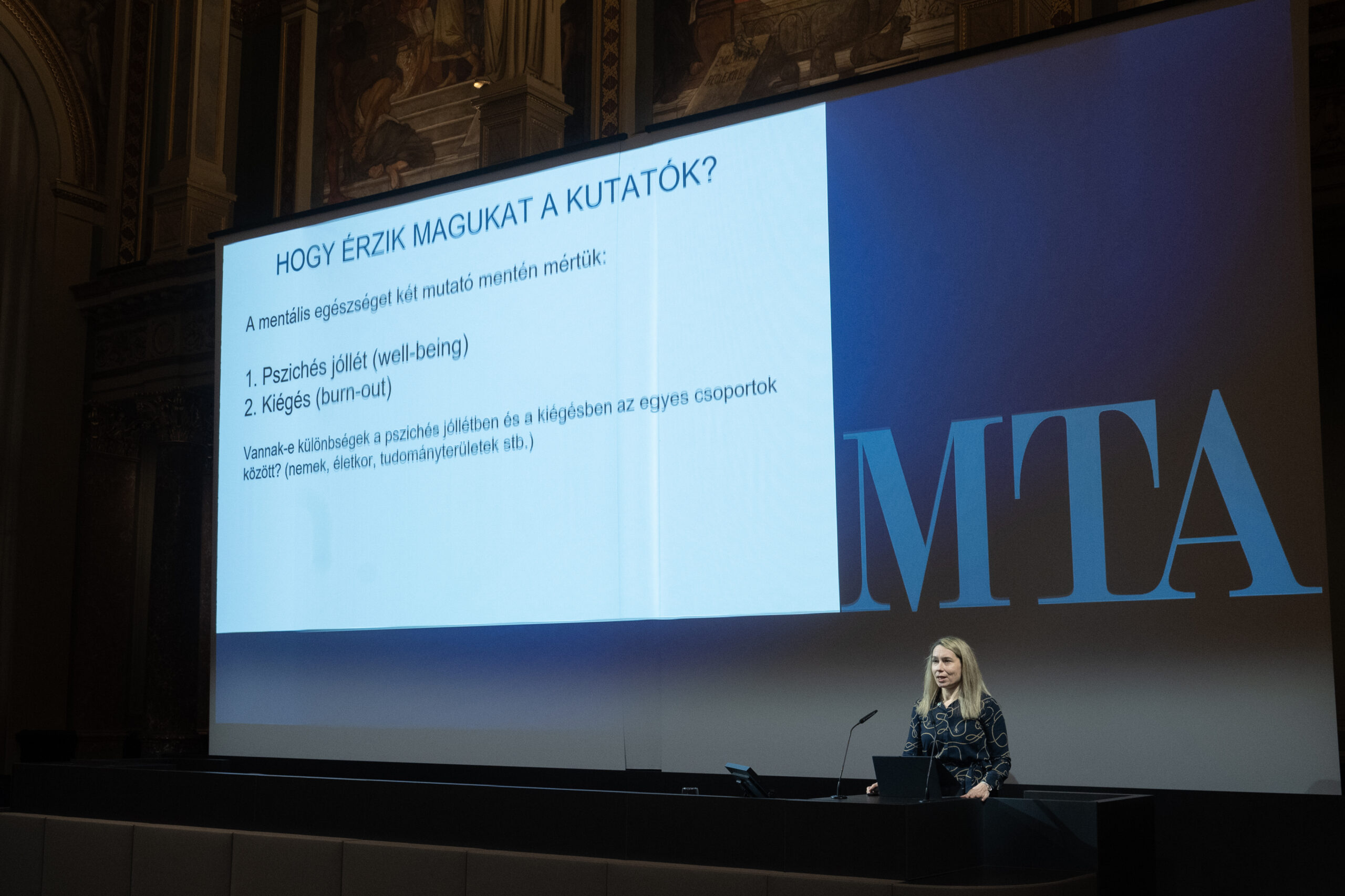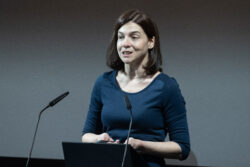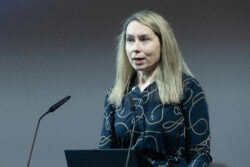
News
At a public session held on 24 November 2025, Tamás Freund, President of the Hungarian Academy of Sciences, underlined in his introductory remarks that this survey, unprecedented in Hungary, titled The Situation of Researchers in Hungary and Researchers with Ties to Hungary, provides a thought-provoking snapshot of the situation of the entire domestic research community, how they assess their own situation and professional prospects, as well as of their current mental well-being.
The background, methodology, and preliminary results of the survey were presented by Júlia Koltai, sociologist, Momentum-winning researcher, research professor at ELTE Social Science Research Centre, habilitated associate professor at ELTE Faculty of Social Sciences, and member of Hungarian Young Academy. She spoke about the excessive workload and typical income situation of researchers, the alarmingly high proportion of researchers who have considered giving up their scientific careers, publication trends in correlation with generational factors, and the assessment of the specific activities conducted by the Hungarian Academy of Sciences.

Júlia Koltai, sociologist
Photo: mta.hu / Tamás Szigeti
Psychologist Bernadette Kun, associate professor at the Institute of Psychology at ELTE PPK, member of the Department of Clinical Psychology and Addictology, and HYA co-chair, provided insight into the survey’s mental health aspects. She said that according to the survey, researchers are characterised by a moderate level of well-being while their burnout levels vary, but it is definitely a warning sign that researchers based in Hungary feel worse about themselves than the general population. Burnout is more common among women, nearly half of whom have experienced being at a disadvantage as researchers compared to men due to their gender.

Bernadette Kun, psychologist
Photo: mta.hu / Tamás Szigeti
Concluding the series of presentations, László Kollár, Secretary-General of the Hungarian Academy of Sciences, revealed which results had been expected in advance, what were the responses that had shocked them the most, and the factors that nevertheless give cause for optimism. MTA’s widely supported scholarship programmes and its series of events popularising science must be carefully pursued, and the Academy as an institution must ensure that researchers’ interests are adequately represented so that their prospects for the future can improve and their faith in the predictability of their career in science can be restored.
Click here for a detailed account of the event (in Hungarian).
Some of the key findings of the survey were the following:
If you have any questions regarding the survey, please contact the research team at kutatas2025@titkarsag.mta.hu.